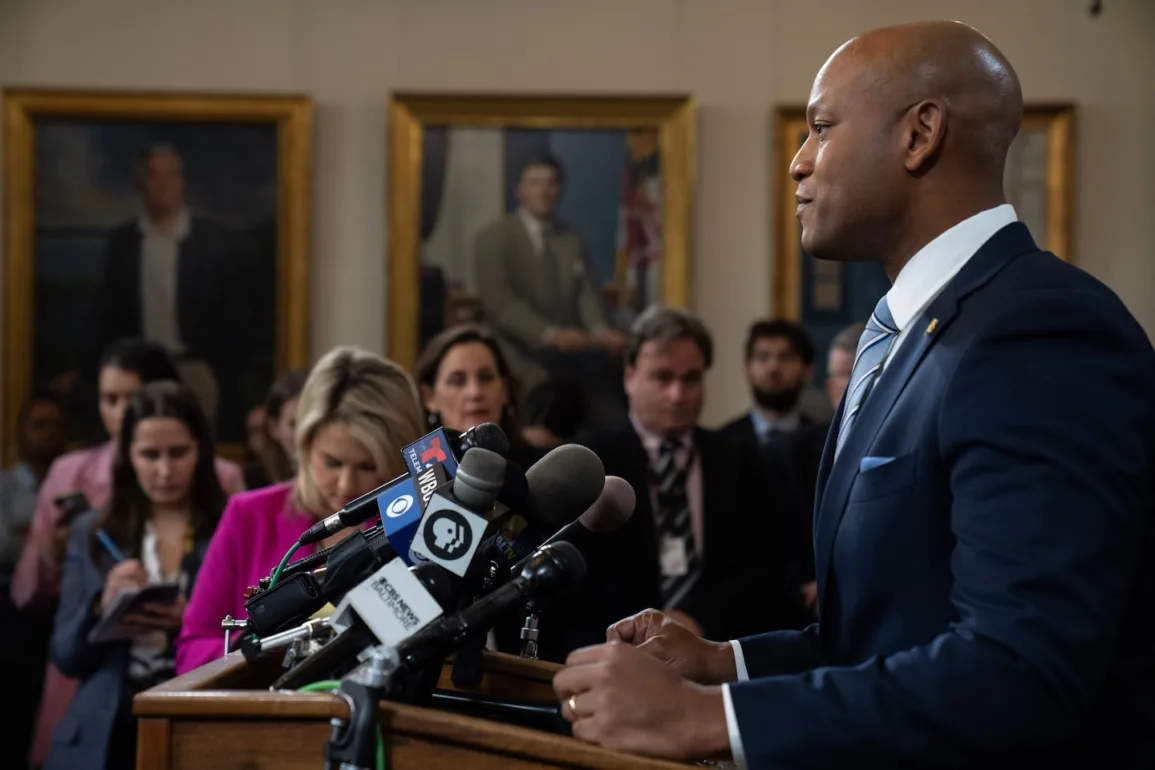For the past decade, the Maryland General Assembly has authorized $1 million annually for the African American Heritage Preservation Grant Fund, which provides grants for projects that restore and preserve African American history in the state. But last year the state quintupled its contribution, upping funding to $5 million to be spent on buildings, communities and sites that are integral to Maryland’s African American experience.
The increase will have a significant impact, H. Russell Frisby Jr., chair of the African American Heritage Preservation Program Grant committee, said in an interview Monday. “Maryland is rich in African American history, and there are a number of sites that are about to be lost because of lack of funding,” he said. “Without this support, that history would be lost.”
The winning grants, announced last month by the Board of Public Works and distributed through the Maryland Commission on African American History and Culture, will help turn a dilapidated east Baltimore firehouse into a museum honoring African American firefighters, restore an Ocean City hotel that served Black visitors at a time when Ocean City denied them beach access and support a project to house the Baltimore Afro-American newspaper and its massive archive that dates to the late 19th century.
In all, 24 sites or organizations, including cemeteries, community centers, churches, an American Legion hall and a building that once served as quarters for enslaved people, received funding ranging from $63,500 to $250,000 for repairs, refurbishment and improvements. There were 104 applications for the competitive grants, Frisby said.
“To build a stronger future, we need to recognize our past — and acknowledge the broad shoulders we stand on. The African American Heritage Preservation Program is one of the best tools we have to celebrate, study, and share the stories of the African American community in Maryland,” Maryland Gov. Wes Moore (D) said in a statement when he announced the funding hike in April. “African American history is American history and Maryland history, and we have a solemn duty to preserve it.”
The Maryland General Assembly funds the program, which is administered as a partnership between the Maryland Commission on African American History and Culture and the Maryland Historical Trust.
Savannah Wood, executive director of Afro Charities in Baltimore, said she was thrilled to learn her organization had been awarded $250,000 for rehabilitation of the Upton Mansion in West Baltimore. The historic dwelling is in the midst of a $13.8 million project transforming it into the permanent home of Afro Charities and the Baltimore Afro-American, the newspaper Wood’s great-great-grandparents John H. Murphy Sr. and Martha Howard Murphy helped found near the end of the 19th century. The paper has been in the family ever since and continues to publish online daily and in print weekly.
“This grant is super helpful, and it’s a significant investment by the state,” Wood said. Construction work is expected to begin later this year, she said, and when completed, the building also will be home to the paper’s print archive and approximately 3 million photographs as well as a reading room for researchers and a digitization lab. The collection also includes reporter notebooks, a taped interview with former Supreme Court justice Thurgood Marshall about the Brown v. Board of Education decision, and original letters to the editor from Booker T. Washington.
The archives, which will be accessible to the public, “are a really rich resource for Black life, particularly in America but also the world,” Wood said. “They present a perspective you don’t typically get to hear or see.”
Many of the people who stayed at the Henry Hotel worked in Ocean City cleaning other hotels and working in restaurants, said Nancy Howard, president of the Henry Hotel Foundation board, which was awarded a $250,000 grant to restore the building and turn it into a museum.
Howard, who is White and a former Ocean City councilperson, said the story of the community’s Jim Crow past “is not our proudest moment, but it is our history and it’s a part of Ocean City that should never be let go.” She hopes the museum will tell the tale of what life was like for African Americans in the beach town. The hotel, she said, is “a symbol of what the experience was for African Americans at that time and how they were the backbone of the resort, and yet these people were not allowed on the beach.”
The first phase of the renovation project will be lifting the hotel and building a foundation beneath it to help anchor it in place. “How that building hasn’t been blown away or washed away by storms, I don’t know,” Howard said.
She said the hotel foundation will pursue additional grants for the next phase, which is to repair the siding and roof of the hotel, and a final phase to complete the interior and launch the museum and learning center. She said the foundation is also looking for stories about the hotel from people who stayed there or know more about its history.
For George Collins, a retired Baltimore firefighter, the news that his organization, the African American Fire Fighters Historical Society, had received a $250,000 grant to begin transforming a long-abandoned East Baltimore firehouse into a museum and training center was confirmation that the project was on the right track.
“It’s great because now they can see it’s ready to rock and roll,” said Collins, who lives in northwest Baltimore. “There are so many untold stories of African Americans in the fire service and individuals who had to fight to protect their community.”
African Americans in Baltimore had lobbied since 1919 to be allowed to join the fire department, Collins said, but it wouldn’t be until 1953 that the force would open its ranks. And even then, it was done reluctantly, he said.
The museum he envisions will tell the stories of Black firefighters in Maryland and across the country, including how they overcame the obstacles they faced and how Black communities formed their own fire departments when nearby departments wouldn’t come out on calls or arrived too slowly. He also hopes the museum and its celebration of Black firefighters will encourage young African Americans to join the service, a job he loved. “Come on in,” he tells them, “the water’s fine.”



